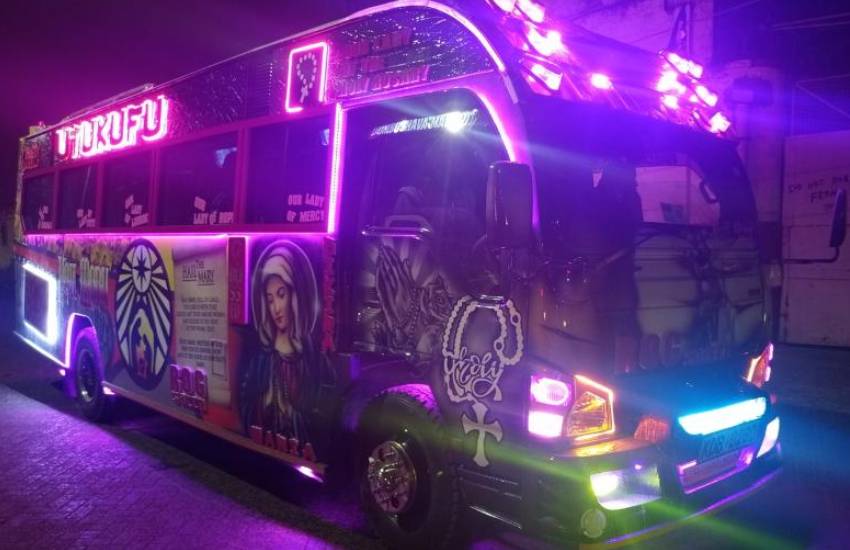×
The Standard e-Paper
Smart Minds Choose Us

Despite the Covid-19 pandemic pushing the matatu business almost to the wall with the limited movement and enforced social distancing rules, there is no denying that somehow, it is surviving. Saleh Ahmad, the co-founder of TelAviv Travelers, now called Arbab Ventures Limited, which plies Nairobi’s South-C route, says the matatu business is not as clear cut as it seems, but with proper guidance, one can successfully invest in the industry.
Step 1: Buying the vehicle